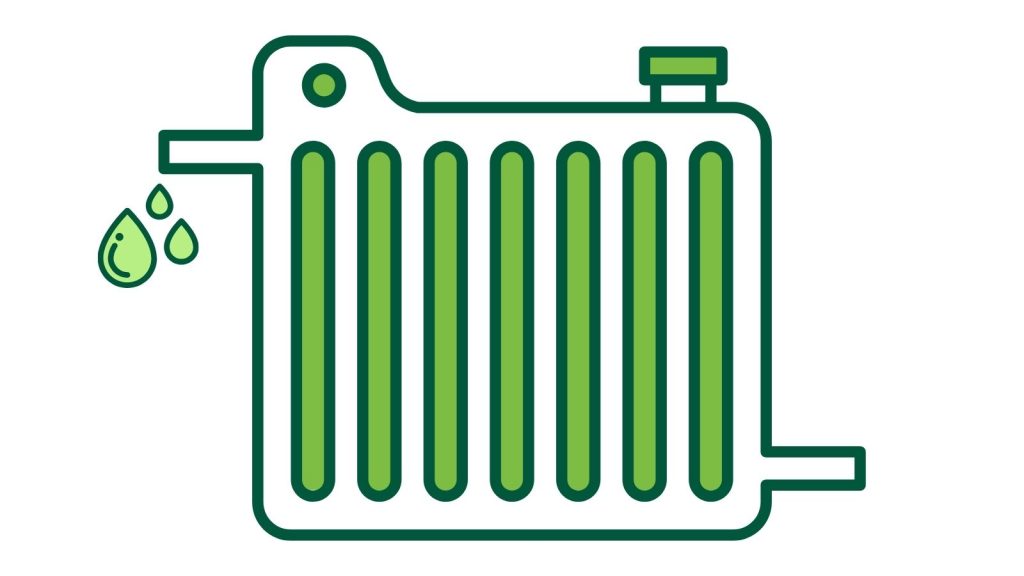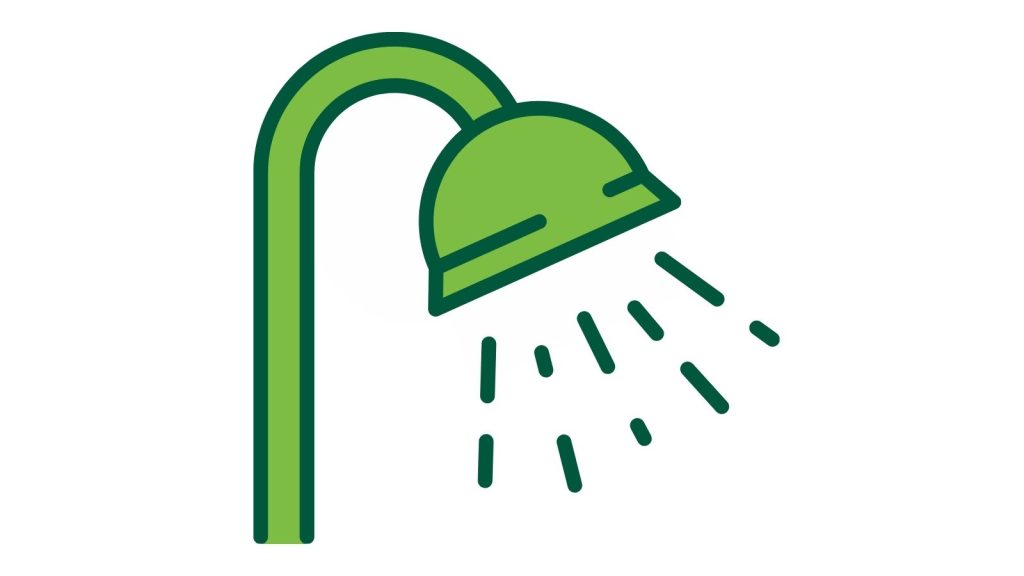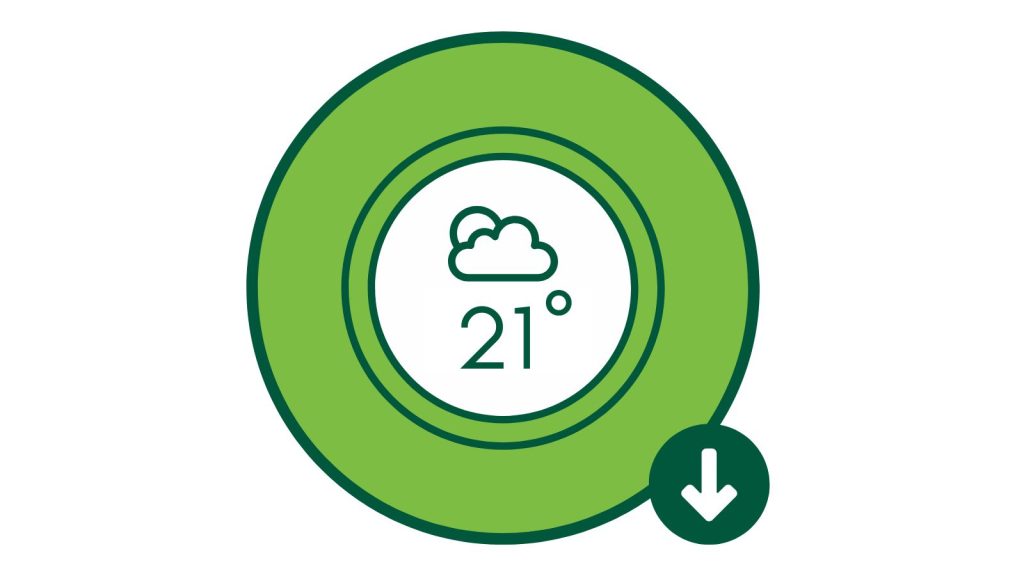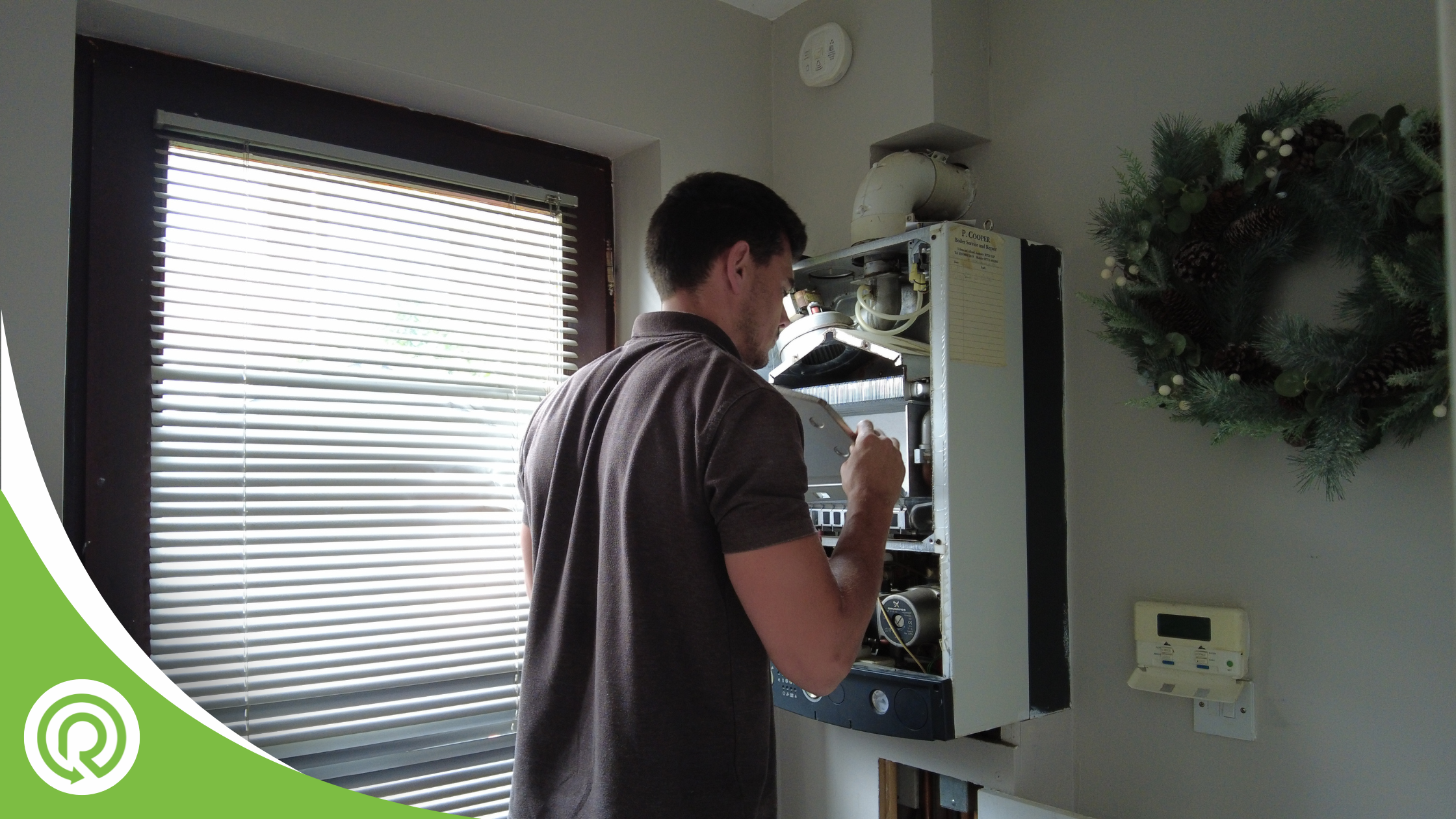As temperatures drop, staying warm becomes a priority—but that doesn’t mean your energy bills need to skyrocket when there are loads of great ways to save energy during Winter.
Winter is typically the time of year when most people spend the most money on energy expenses. In fact, according to the Department of Energy and Climate Change, energy consumption in the UK is 36% higher in winter than in the summer. But worry not, making your home more energy efficient can save energy and reduce your energy bills.
Here are ten simple yet effective ways to save energy during winter.
1. Identify and seal draughts
Draughts are one of the main culprits of heat loss in a home. Old windows, doors, walls and floors can be key offenders for heat loss in UK homes, and any other areas where cold air could sneak in, such as loft hatches or letterboxes. Sealing these areas is one of the cheapest and easiest ways to save energy during winter.
To seal draughts on a budget, you can use fabric draught excluders on draughty doors and try draught-proofing strips or silicone sealant on windows. Even small fixes can make a big difference in reducing the strain on your heating system.
If you have the budget, you could consider investing in professional draught-proofing which would cost around £250 for installation and material for your whole house. According to the Energy Saving Trust, this investment could save people in Northern Ireland an average of £45 per year on energy bills.

2. Insulate Your Home
Proper insulation is key to an energy-efficient home, especially in winter. Insulating your loft, walls, and even your floors can prevent heat from escaping and keep your home warmer for longer. About a third of the heat lost in an uninsulated home escapes through the walls, so making sure you have proper home insulation on your solid walls or cavity walls could help keep the heat in, lower your energy bills and help you save energy during Winter.
If you already have insulation, check its condition—over time, it can degrade and may need replacing. Good insulation doesn’t just reduce heating costs; it also adds value to your home.
Check out the available 2025/2026 NISEP Insulation Grants here.
3. Close Off Unused Rooms – don’t let the heat out!
If you have rooms that people are rarely in, such as guest bedrooms, storage areas or hallways, close the doors to prevent heating these spaces unnecessarily and prevent heat from escaping the rooms you do use. This simple adjustment can be a great way to save energy during Winter and can lead to noticeable savings on your energy bill.

4. Add Rugs or Carpets to Rooms
Hardwood and tile floors can feel chilly during winter, and they often allow a considerable amount of heat to escape. According to Power To Switch, approximately 10% of the heat generated by your boiler can be lost through the floors.
Adding rugs or carpets is not just a stylish way to make your home feel cosy; it also acts as an extra layer of insulation, helping to retain heat in rooms.
5. Bleed Your Radiators
If your radiators are not heating up evenly, they might have trapped air inside. Bleeding your radiators ensures they work efficiently, providing consistent warmth throughout your home.
You should bleed your radiators every few months, or at least once a year, to ensure that they are heating correctly. This easy maintenance task can improve your heating system’s performance and help lower your energy consumption.

6. Replace Your Inefficient Boiler
It could be time to consider replacing your boiler. Older boilers can be real energy guzzlers, especially during high-demand winter months. If your boiler is more than 10-15 years old, consider replacing it with a modern, energy-efficient gas boiler.
According to The Consumer Council 68% of homes rely on oil-fired boilers for heating. If you are in a gas grid connected area, you could consider making the switch and opting for a gas boiler replacement. While the upfront cost might seem steep, the savings on your heating bills will quickly add up, and newer boilers are often more reliable and efficient.
7. Turn Off Standby
Many electronic devices continue to consume power when left on standby, often referred to as “vampire energy.” This wasted energy adds up over time, particularly in winter when lights and appliances are used more frequently. Switch off devices at the plug when they’re not in use to save energy, or invest in smart plugs that automatically cut power to idle electronics.
8. Use Your Water Wisely
Hot water is a major energy expense in winter. To save energy, take shorter showers and consider installing low-flow showerheads, which use less hot water without compromising water pressure. If you have a hot water tank, you could also consider adding an insulation jacket to reduce the heat lost through the water tank itself, improving energy efficiency and reducing energy bills.

9. Be Mindful of Your Lighting
Winter means shorter days and longer nights, so people tend to have their lights on for longer at this time of year. Remember to turn lights off overnight and when leaving a room. You could also consider switching to energy-efficient LED bulbs as they can significantly reduce your electricity usage. These bulbs use up to 80% less energy than traditional incandescent bulbs and last much longer.
10. Set a Reasonable Thermostat Temperature
A simple but powerful tip is to set your thermostat to the lowest comfortable temperature—ideally around 18–21°C. If you can, turning down your thermostat from 22°C to 21°C can save £100 a year in NI on energy bills, or 10% for every degree you lower your thermostat!
You can also use a programmable thermostat to ensure the heating is only on when needed, like during mornings and evenings when the household is active.

The Benefits of Energy Efficiency
By implementing these tips, you’re not just saving money for Christmas—you’re also reducing your carbon footprint. An energy-efficient home is a win-win for your wallet and the environment. These changes don’t have to be made all at once; even small adjustments can make a noticeable difference in your energy usage over time. Let us know which tips work best for you!
Click the button below to find our full range energy-efficient products and services
Find more of our recent blog posts below
Margaret’s Customer Testimonial
Meet Margaret! We converted Margaret from Oil to Gas and she has never looked back and stated this is the best home decision she has made. Find out why in our latest article.
UK banks offering up to £2000 cashback on Heat Pumps & Solar
Get cashback of up to £2,000* on heat pumps, solar or insulation installs from these UK banks.
Hybrid Heating Trial 2025: Solar and Battery Integration
Following the success of earlier hybrid heat pump studies, this latest phase explores how solar generation can complement hybrid renewable heating systems in retrofit homes across Northern Ireland. The Hybrid Heating Trial 2025 aims to measure the impact of adding a solar & battery system to an existing renewable heating system in Northern Ireland’s retrofit…
10 Ways To Prepare Your Home For Cold Weather
As the days get shorter and temperatures begin to drop, preparing your home for the cold weather that autumn and winter can bring is extremely important. Here are 10 practical ways to prepare your home for colder weather — including some solutions we can help with and some that you can easily implement yourself.






Recent Comments